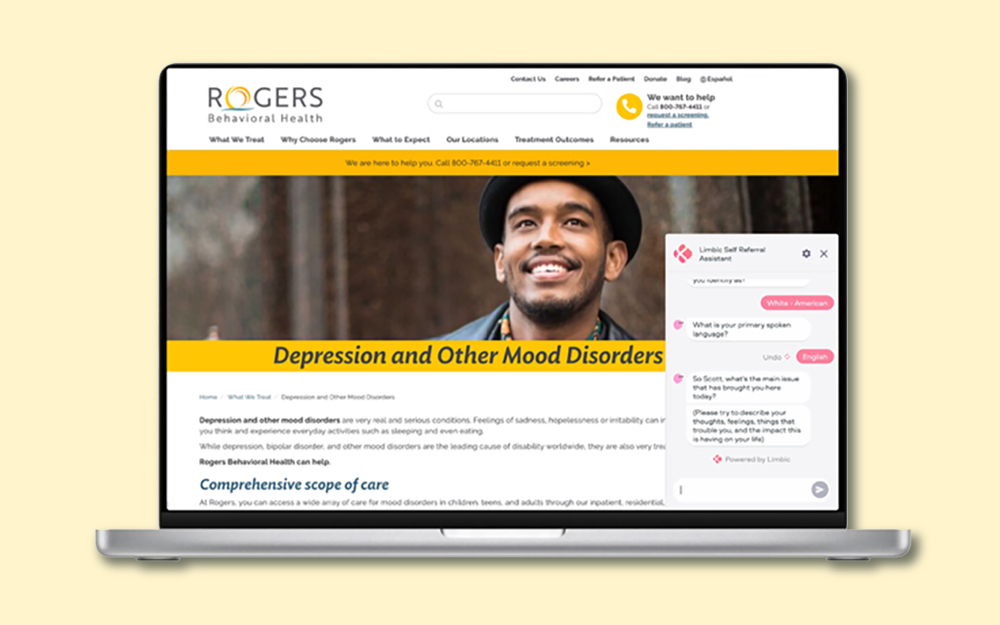
Legal ruling in class action lawsuit being called a monumental win for mental health patients
03/21/19 09:30:amA recent legal decision in a class action lawsuit against the nation’s largest behavioral health insurer is predicted to have sweeping ramifications across the industry. The case involved United Healthcare’s behavioral health division—United Behavioral Health—and the U.S. District Court for the Northern District of California. The court ruled that United’s criteria for determining the level of care or amount of therapy that a person would receive was flawed and did not line up with best practices. United Behavioral Health was said to have used unreasonable and overly restrictive guidelines to make coverage decisions for tens of thousands of patients seeking treatment for mental health and substance use disorders. The suit addressed denials for residential and outpatient treatment for children and adults between 2011 and 2017.
The judge wrote that “UBH’s refusal to adopt the ASAM (American Society of Addiction Medicine) criteria was not based on any clinical justification.”

Rogers President and CEO Pat Hammer serves as Chair of the NABH Board of Trustees. “As our Access to Care resolution states, fair and appropriate coverage for behavioral healthcare services must ensure—not solely offer—access to the entire behavioral healthcare continuum. For this to happen, fair and reasonable managed care contracts must include and apply generally accepted standards of professional practice,” Pat explains.
What does the court decision mean for Rogers?
The recent ruling indicates that we’re moving toward a future where it will be easier for people to get the help they need.
“One of our most important obligations as providers is to advocate for our patients to make sure that they get the dose of treatment that they need to get well. It can be extremely challenging at times, and it’s nice to see that this court agrees that the approval process should be based on clinically accepted best practices and what’s best for the patient,” remarks Jerry Halverson, MD, chief medical officer. He adds, “While this is just one decision that can be still be appealed, we hope it ultimately leads to a review process that is fair to patients and providers.”
UnitedHealth maintains that members received appropriate care.
Additional information about the ruling can be found here.





